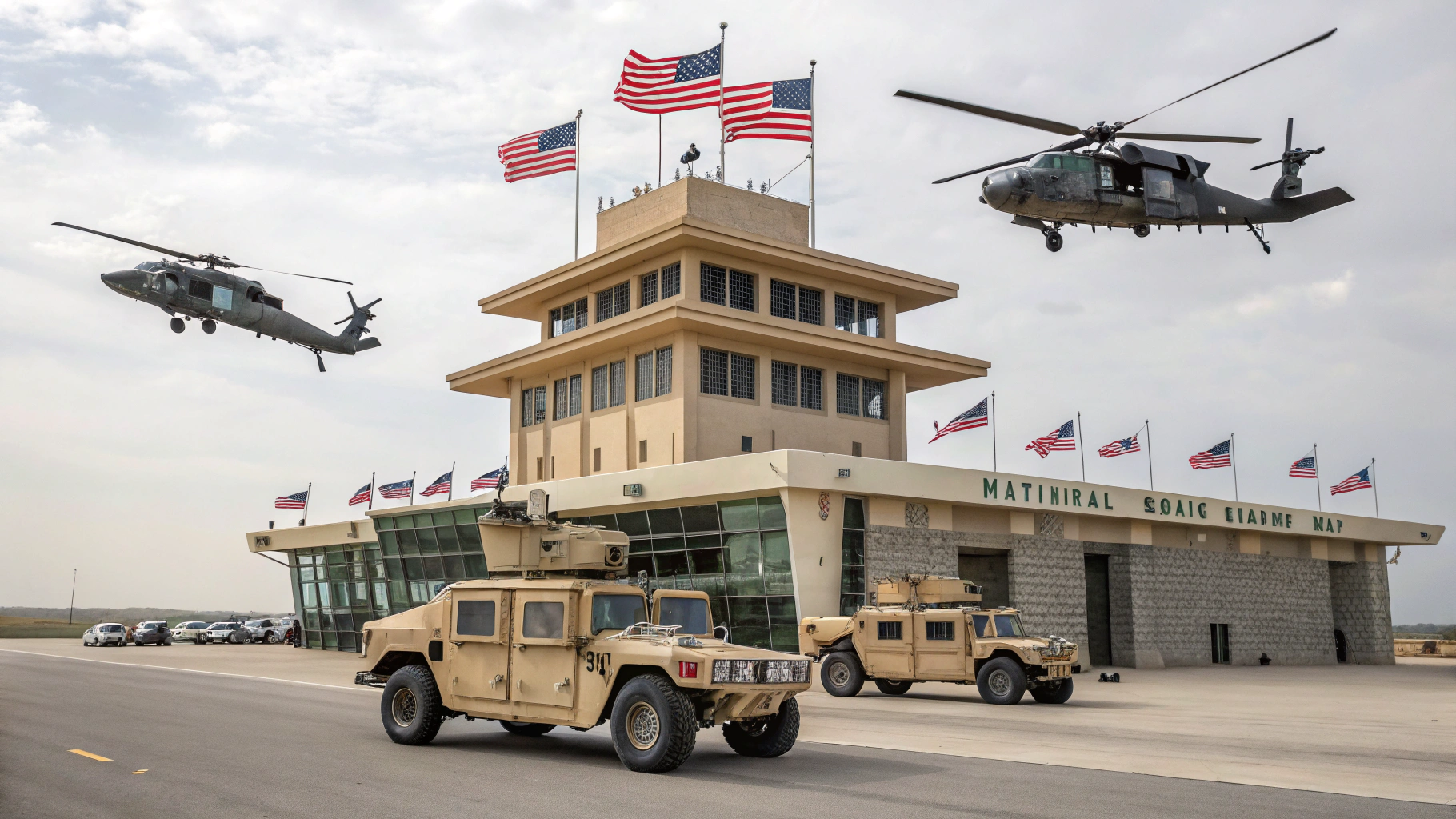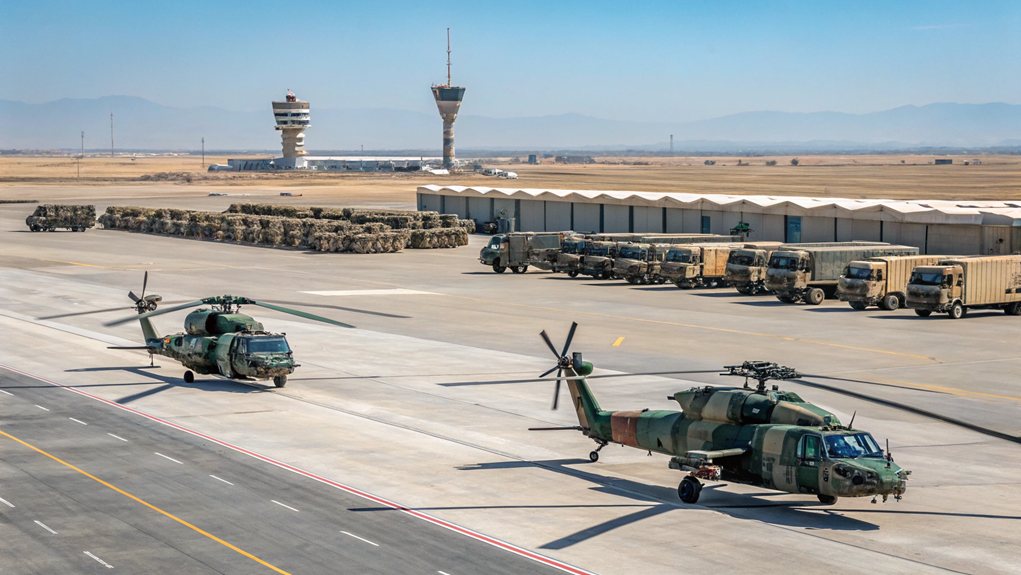The National Guard is a state-based military force that operates under both state and federal governments—yes, dual control is a thing. It's part of the U.S. military, supervised by the National Guard Bureau. Imagine a military powerhouse that doesn't just sit around waiting for a phone call. They tackle everything from natural disasters to overseas missions. And let's be honest, they do it all. Want to learn more about their real-world impact and responsibilities?

When it comes to the National Guard, many people might think it's just a backup team waiting in the wings. But this force is far more than a bunch of folks in camo sitting around, sipping coffee. The National Guard is a state-based military powerhouse with dual control from both state and federal governments. Yeah, that's right. It's the Army National Guard and the Air National Guard, all rolled into one. They have their own structure, and the National Guard Bureau, which operates under the Department of Defense, is the big boss in charge.
The National Guard is more than just a backup; it's a powerful military force with state and federal control.
Now, you might wonder who's calling the shots. Well, the National Guard Bureau is headed by a four-star general who's part of the Joint Chiefs of Staff. So, it's not just some random dude. This is serious business.
With 54 organizations spread across states and territories, they're not just sitting idle. They spring into action during domestic emergencies, whether it's hurricanes, floods, or civil unrest. They leap into the fray, often under Title 32, to tackle federally funded missions while still under state control. Additionally, the National Guard comprises both the Army National Guard and Air National Guard, ensuring they have personnel prepared for various operations. The National Guard plays a critical role in national defense and security as they respond to diverse challenges both at home and abroad.
But wait, there's more! The National Guard also goes overseas, lending a hand in places like Afghanistan and Iraq. They're not just sitting back, either. They participate in peacekeeping missions and help train foreign military forces. Talk about multitasking! They even engage in drone operations. Who knew?
And let's not forget about training. The National Guard doesn't play around. They conduct regular exercises to keep their skills sharp. They work closely with active-duty troops, preparing for whatever might come.
In the end, the National Guard is a crucial component of both local and global security. They are not just a reserve. They are community heroes and international players, ready to respond at a moment's notice. Next time you think about the National Guard, remember, they are anything but a backup team.
Frequently Asked Questions
How Does One Join the National Guard?
Joining the National Guard? Here's the deal.
First, you need to be a U.S. citizen or permanent resident. Age limit? Between 17 and 35. Got a high school diploma? Check.
Next, pass the APFT or Air Force fitness test—easy, right? Then, it's all about that ASVAB score.
Submit an application, pass a background check, and sign a contract. It's a process, but hey, they need soldiers ready for anything!
What Benefits Do National Guard Members Receive?
National Guard members score some pretty sweet benefits.
Think education perks like the GI Bill—hello, free college! They get affordable health insurance too, because who doesn't love saving money?
There's a chance for career growth with skills that actually matter in the civilian world.
And let's not forget the VA loans—no down payment, low rates.
Plus, access to on-base amenities? Fancy!
It's not all bad when you serve, right?
Can National Guard Members Deploy Overseas?
Absolutely, National Guard members can and do deploy overseas. They're not just hanging out at home.
These troops can find themselves in combat zones, peacekeeping missions, or even providing humanitarian aid. It's a mixed bag of serious work, all while juggling their dual role.
Sure, it's not always easy, but hey, it can also be a career boost. Nothing like a little international adventure, right?
They've got the skills; they just need the chance.
What Is the Difference Between the National Guard and Reserve?
The National Guard and the Reserve? Totally different beasts.
The National Guard is a dual-role superhero, juggling state and federal missions. They can leap into action during local disasters or get called up by the President.
The Reserve, on the other hand, is strictly federal, always ready for combat. Both train and drill, but the Guard has more state-specific perks.
How Often Do National Guard Members Train?
National Guard members train one weekend a month and two weeks a year.
Yeah, that's right—just a couple of brief stints in the grand scheme of things.
But don't let that fool you. Each session packs a punch. They prepare for everything from local disasters to far-off deployments.
And let's be real, keeping fit is part of the deal.







